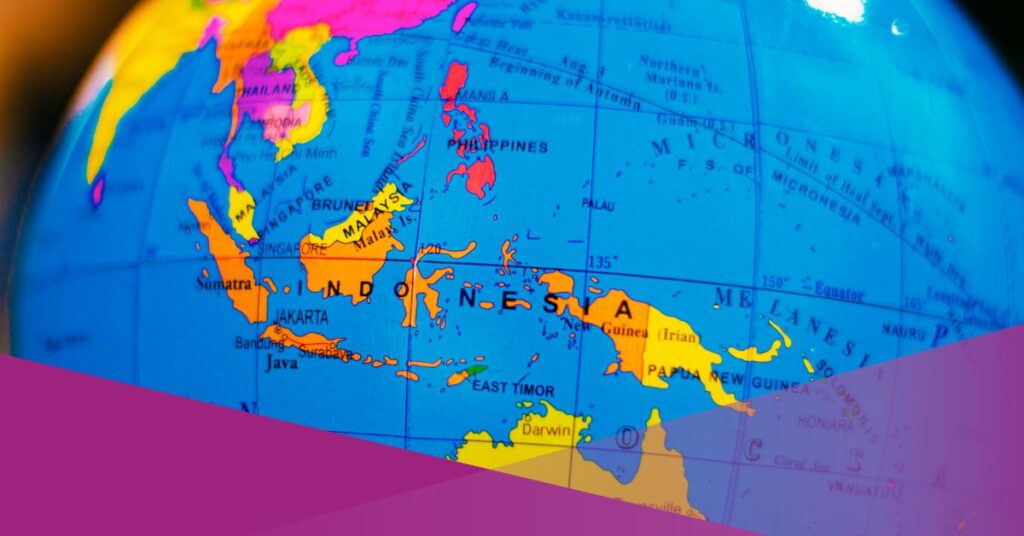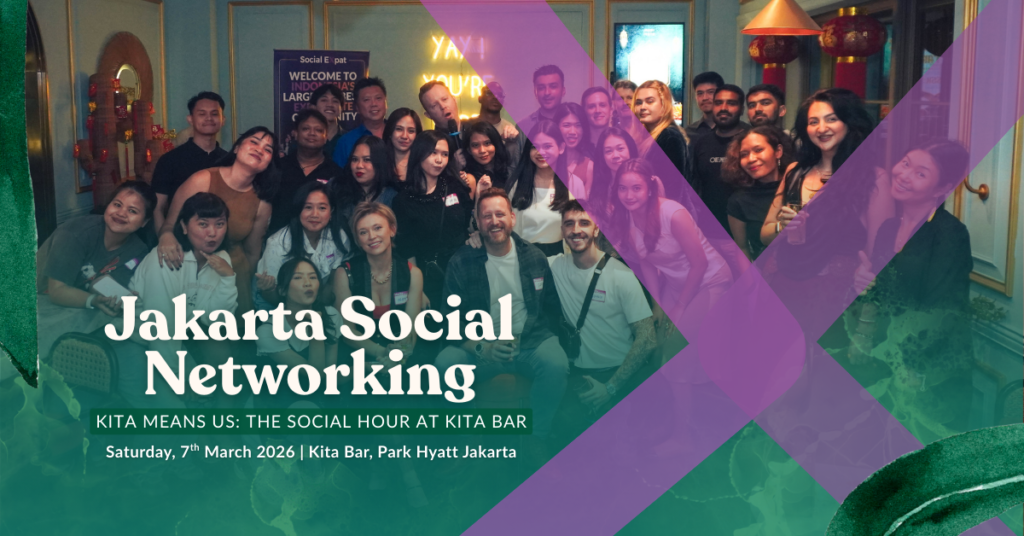Indonesia has made a bold move in 2025, slashing the minimum paid-up capital for foreign-owned companies (PT PMA) from Rp 10 billion to Rp 2.5 billion, under the freshly adopted BKPM Regulation No. 5 of 2025.
But before you celebrate, it’s crucial to understand that capital investment requirements remain distinct, and in many cases, still demanding.
This article unpacks the difference between paid-up capital and capital investment, outlines how each works in Indonesia’s business incorporation regime, and explains what this reform really means for investors.
New Paid-Up Capital Rules: What Has Changed
Under BKPM Regulation No 5/2025, foreign investors establishing a PT PMA are now required to inject at least Rp 2.5 billion in paid-up capital. That capital must remain locked in the company’s bank account for 12 months, unless it is used for legitimate investment, acquisition of assets, construction, or operations.
This new threshold replaces earlier capital rules enshrined in BKPM Regulations Nos. 3, 4, and 5 of 2021, which required a uniform Rp 10 billion paid-up injection for all new PMAs. The change is intended to reduce the upfront financial burden while maintaining regulatory discipline.
It’s worth emphasising: this reform only affects paid-up capital, not the overall capital investment or total investment thresholds.
What Is Paid-Up Capital for PT PMA?
Paid-Up Capital (Modal Disetor) is the portion of a company’s issued shares that shareholders have actually paid in—i.e., cash or valid assets truly delivered to the company. In the context of PT PMA, it’s the capital you must deposit upfront (or shortly after incorporation) and record in the company’s deed and OSS registration.
Before 2025, a PT PMA had to pay at least Rp 10 billion in paid-up capital, even if the authorised capital, or total investment, was set higher. Now, that minimum is Rp 2.5 billion, while the remaining capital needs can be fulfilled via assets, expenditures, or future investments.
Because the change allows flexibility in how the rest of your commitment is realised, the paid-up capital acts as a financial anchor, demonstrating that shareholders have locked in meaningful funds rather than speculative promises.
Understanding Capital Investment
Capital Investment is the broader financial commitment that a company pledges to inject into its projects over time. It includes:
- Paid-up capital
- Acquisition of assets (machinery, equipment, buildings)
- Investments in infrastructure, property, R&D
- Operational expenditure (capex) allocated toward business growth
In Indonesia, PT PMAs must still satisfy a minimum investment threshold of Rp 10 billion (excluding land and buildings) per business line (KBLI) at each project location, under Article 26 of BKPM Regulation 5/2025. In other words, even if your paid-up capital is only Rp 2.5 billion, your full capital investment in assets, operations, and expenditures must still reach the Rp 10 billion benchmark for your sector.
One way to visualize it: think of paid-up capital as your cash deposit guarantee, while capital investment is the total financial pull you commit to push your business forward.
How These Schemes Work in Business Registration
When you register a PT PMA:
- You declare your authorised capital (maximum share value) and then issue shares up to a portion of that authorised amount.
- You deposit at least Rp 2.5 billion as paid-up capital or equivalent valid assets.
- You record these amounts in the deed of establishment (notarial), and register them in the OSS (Online Single Submission) system.
- Over time, you invest further in capital assets, facilities, machinery, or operations until you fulfil the remaining commitment toward the Rp 10 billion investment threshold.
- During those 12 months, the paid-up funds must remain in the company account unless legitimately deployed.
Because OSS, BKPM, and notarial systems now cross-check data (deed vs OSS entries vs quarterly investment & profit reports), it is critical that your structure is consistent and defensible.
Why the Reform Matters: Learn From The Finance, Risk, and Growth
For small or medium foreign investors, lowering the barrier to entry means freeing capital for asset investment, working capital, and cash flow to generate early revenue.
Yet risk is still present. Using debt or loans instead of real capital injection can raise red flags in audits. The reforms make it even more important that asset valuations, bank slips, and balance sheet entries are meticulous. Your balance sheet must reflect the paid-up capital, and your subsequent investment deployment must align with your corporate plan.
For a new investor starting with limited capital, the new threshold enables you to start small while committing to longer-term investment goals. For existing PT PMAs, the reform may allow restructuring or redeployment of locked funds, but only if done carefully and in compliance with regulatory updates.
Practical Example
Imagine a foreign investor setting up a food & beverage business (KBLI sector) in Jakarta. Under the new rules:
- The investor deposits Rp 2.5 billion into the company (paid-up) upon or shortly after incorporation.
- Over time, the investor invests Rp 7.5 billion in capital assets (kitchen machinery, furniture, location build-out) or operational expenditures.
- The new capital deployment is recorded and reported over the first 12 months, fulfilling your capital investment commitment.
- Because the paid-up funds are locked in your company account for 12 months (except when legitimately used), regulators have assurance that your business is not undercapitalised.
Where the Challenges Lie
- Asset Valuation & Documentation: If you inject non-cash assets, they must be valued properly, often by an independent appraiser.
- Inter-system consistency: Deed, OSS entries, and investment reports must match. Disparities can lead to scrutiny or delays.
- Sectoral exceptions and clarity: Some sectors (trade, construction, property) have nuanced rules on what counts toward capital.
- Use of funds within lock-up: You can use funds for operation or capex, but must document usage carefully.
Why You Need a Professional Partner
Even with regulatory liberalization, Indonesia’s investment ecosystem remains complex. A single misalignment in capital structure, deed drafting, or OSS registration can shift a licence into review.
With Indonesia lowering its capital entry threshold but maintaining high investment standards, navigating the line between paid-up capital and capital investment is now more strategic and more critical than ever.
Note:
This information has been prepared under the supervision and expertise of LMI Consultancy, a certified Business Consulting partner.
As an experienced team of consultants specialising in Immigration, Business Setup, Tax, and Corporate Legal Compliance, LMI Consultancy has successfully assisted more than 35,000 clients in navigating Indonesia’s complex regulatory landscape.
With a deep understanding of local laws and administrative procedures, our seasoned consultants ensure that your company registration process runs efficiently, accurately, and in full compliance with all applicable regulations, so you can focus on growing your business with confidence.
By partnering with LMI Consultancy, you gain:
- Expert structuring advice (how much to allocate to paid-up vs asset investment)
- Coordination between notaries, banks, OSS, and BKPM
- Verification of asset injections, bank slips, capex rollout, and reporting
- Mitigation of regulatory risks, audit triggers, or licence suspension


































